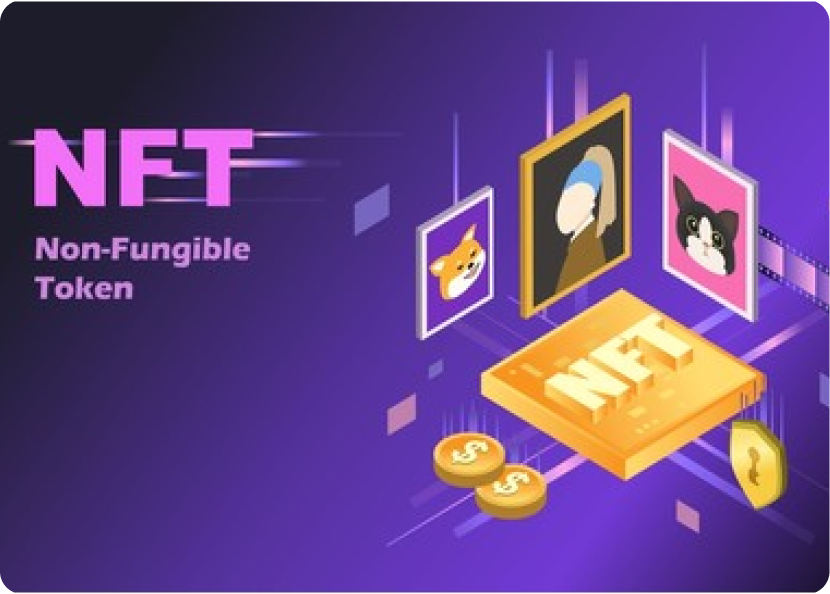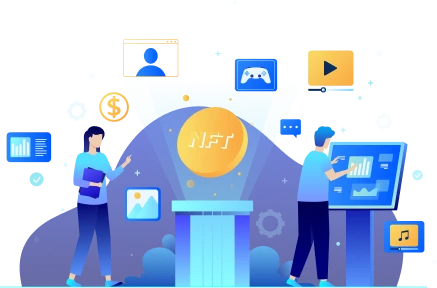A Non-Fungible Token (NFT) is a special kind of digital asset stored on a blockchain, each one having its own unique identity and data that make it different from all the others. Unlike cryptocurrencies like Bitcoin or Ethereum, which can be swapped with each other, NFTs are one-of-a-kind and can’t be traded on a one-to-one basis. This is the key difference that sets NFTs apart from more common, interchangeable tokens.

NFTs are unique digital items that are securely stored on a blockchain, meaning they can’t be copied or swapped on a like-for-like basis.
They are perfect for digitally representing real-world assets like art, real estate, and rare collectibles.
NFTs help creators connect directly with consumers, cutting out middlemen and making transactions easier.
NFTs make use of blockchain technology to securely track ownership, ensuring the authenticity and legitimacy of the digital asset. This system keeps everything transparent and protected. Because NFTs are so unique, they’re being used in many areas, such as digital art, virtual collectibles, and even virtual land in digital worlds.
Unlike traditional currencies or cryptocurrencies, NFTs cannot be exchanged for each other. For instance, one Bitcoin is always worth the same as another Bitcoin, but each NFT is completely unique. Every NFT holds its own distinct characteristics, which can include details about the original creator, ownership history, or even a link to a physical item.
